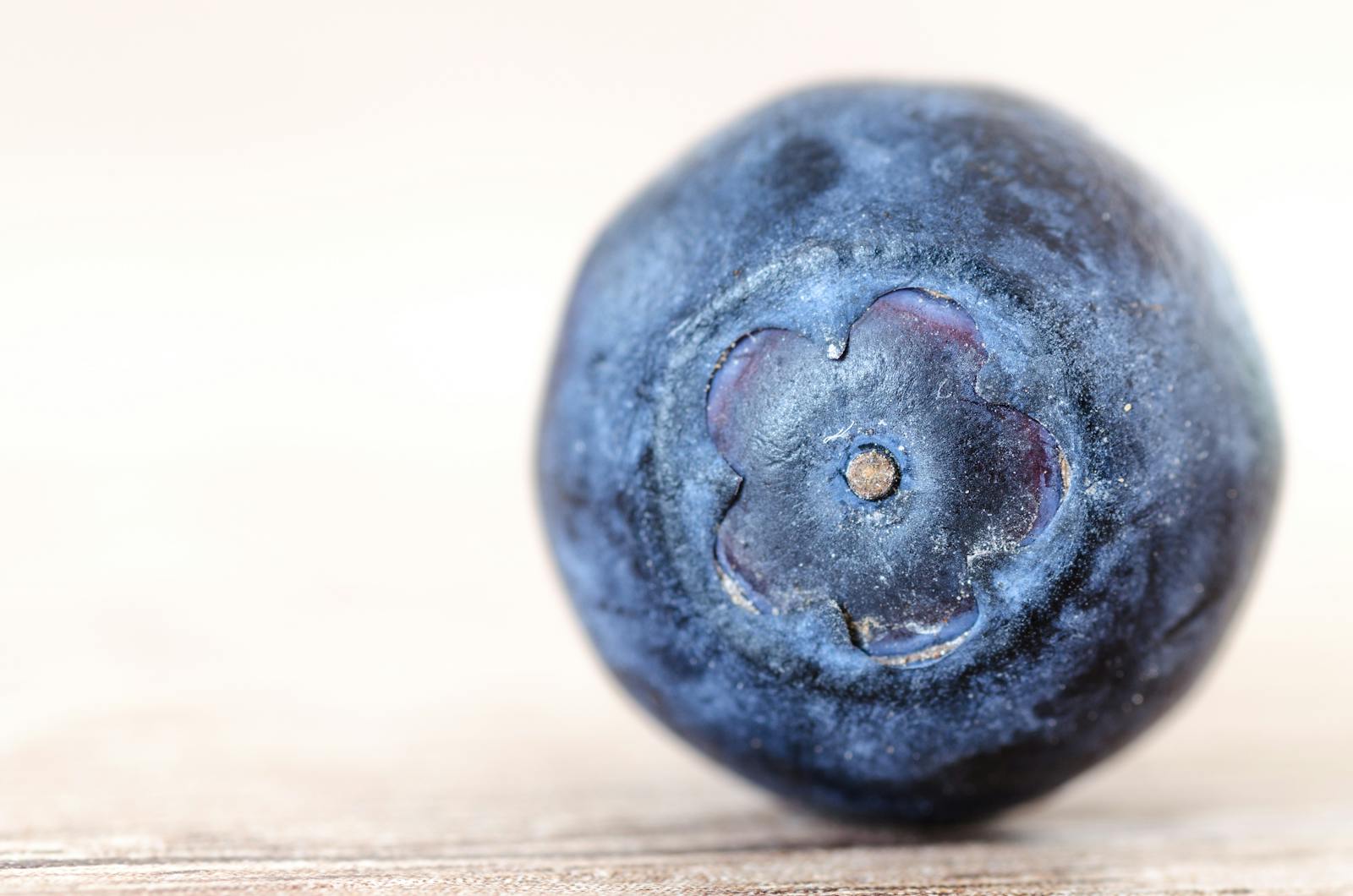
Hey there, folks! It’s been a while since I last wrote an article, but I’m back with some fresh insights that I hope you’ll find useful. Lately, I’ve been diving deep into the world of fitness and nutrition, trying to strike a balance between my work life and personal health goals. You know how it goes—sometimes you’re in the zone, and other times, you just can’t seem to get motivated. But one thing that has consistently helped me stay on track is incorporating protein food supplement into my routine.
Now, before we dive in, let me tell you a little story. Last week, I was chatting with a friend who had just started working out. He was all excited about his progress but was a bit confused when it came to nutrition. “I don’t want to eat too much meat,” he said, “but I need something to help me recover faster.” That’s when I introduced him to the concept of protein food supplement. It’s not just for bodybuilders; it’s for anyone looking to optimize their muscle recovery and growth.

So, what exactly is a protein food supplement? In its essence, it’s a concentrated source of protein from animal or plant sources designed to complement your diet. Whether you’re a vegan, vegetarian, or a meat-eater, there’s a protein supplement out there for you. These supplements come in various forms, such as powders, bars, and ready-to-drink shakes. They are incredibly convenient for those who lead busy lives and might struggle to meet their daily protein needs through meals alone.
One of the most significant benefits of using a protein food supplement is its impact on muscle repair and growth. When you exercise, especially if you engage in strength training, your muscles undergo microscopic damage. This is a natural part of the process, but it’s essential to support your body with the right nutrients to facilitate recovery. Protein is crucial because it provides the amino acids necessary for rebuilding muscle tissue. By consuming a protein supplement post-workout, you can accelerate this process and potentially see better results from your training.
Another point worth mentioning is the role of protein in appetite regulation. Studies have shown that high-protein diets can help reduce hunger and promote feelings of fullness. If you’re trying to manage your weight or simply want to feel more satisfied after meals, adding a protein food supplement to your diet could be a game-changer. Just make sure to choose a product that aligns with your dietary preferences and health goals.
Of course, not all protein supplements are created equal. It’s important to do your research and select a brand that uses high-quality ingredients and has positive customer reviews. Some popular options include whey protein, casein, soy, and pea protein. Each type has its own set of benefits, so consider your specific needs and any potential allergies before making a choice.
On a personal note, I’ve found that integrating a protein food supplement into my diet has made a noticeable difference in my energy levels and overall well-being. It’s not just about the physical gains; it’s also about feeling good and being able to tackle whatever challenges come my way. Whether you’re a seasoned athlete or just starting your fitness journey, I encourage you to explore the world of protein supplements and see how they can enhance your performance and recovery.

In conclusion, a protein food supplement is more than just a quick fix for muscle gain. It’s a tool that can help you achieve your health and fitness goals more efficiently. So, the next time you’re at the gym or planning your meals, remember that a little extra protein might be just what you need to take your results to the next level. Stay healthy, stay strong, and keep pushing forward!
And hey, if you have any questions or just want to share your own experiences with protein food supplement, drop a comment below. I’d love to hear from you!
